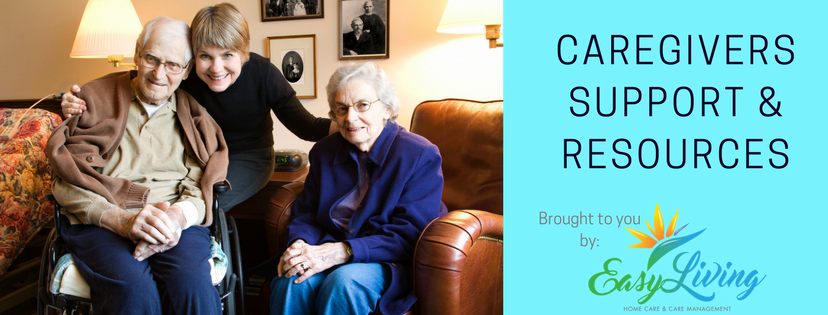You love your parents. Of course you want what’s best for them. But, when taking care of elderly parents we often commit unintentional “crimes” against them. Our well-meaning intentions do more harm than good. Your heart may be in the right place, but taking care of elderly parents comes with all kinds of emotional and practical pitfalls. Today, we’ll discuss some examples so you can avoid these mistakes.
Home, Sweet Home: The Promise That Haunts You
I’ve talked to many sons and daughters who’ve told me, “We promised Mom we’d never put her in a facility.” The problem with making such promises is that you don’t know what the future will hold. What if the very thing you promised hurts Mom? Taking care of elderly parents comes with twists and turns. What if it turns out that the best way to get Mom the care she needs is in a top-notch dementia care facility? Will you break your promise? Our care managers often talk with adult children who are being held prisoner by their promises. Unfortunately, their parents are too.
If you did make such a specific promise, make sure to get an assessment and bring in the services needed. There are many great options for in-home care. Don’t let your parents become isolated or at risk. Find out more about your options today.
Better yet, make commitments based on your intentions. You promise to take the best possible care of your parents. Promise to respect them and their wishes. Commit that your priority will be a balance of their safety and happiness. Promising a particular place or method in advance limits the ability to carry out those intentions.
Taking Care of Elderly Parents=You Do It All
Another common pitfall is believing that taking care of elderly parents means you need to do everything yourself. We see adult children burning out from this. Parents suffer because the kids can’t actually do it all. The relationship becomes like a job, leaving little time to be parent and child.
You can take a very active role as caregiver without having to do all the tasks. Some things, like personal care, may be better done by someone else. I might help my Mom most by making sure she has the best caregiver to help her bathe and go to the toilet. She might prefer help from someone who’s not her daughter–and is trained and experienced.
Similarly, many long-distance caregivers try taking care of elderly parents on harried visits. It becomes impossible to get everything done and have any time together. Tempers often flare. Your parent feels pressured by your timeline.
Don’t cause your parent, yourself, and your relationships to suffer. Being a “care martyr” is not the healthy way to show your love. If you feel caught up in doing it all, schedule a time to chat with someone who understands. We can talk about strategies to provide the best care. Plus, we can help you work through the emotions of it all.
Doing What They Think They Want, No Matter the Consequences
Dad insists he wants to leave the hospital now and not go to rehab. The doctor says he’ll need to attend outpatient therapy daily and will require a lot of help. Though Dad can make whatever decision he wants, now’s the time to speak up. Talk through pros and cons. Ask questions, get a picture of what aftercare will be like. Set realistic expectations and think bigger picture. Is the goal to get home quickly or to help him stay safely at home? Could a snap decision land him right back in the hospital?
If he chooses to go home, invest in some time with a care manager. You need someone who will help you think of all the little issues and needs. The care manager can coordinate a thorough care plan. A typical discharge plan only covers specific points. A care manager looks at the whole picture. They’ve seen the little things that cause big problems.
Another common example is the parent who says they’re fine. They don’t need any help. Let them be. Meanwhile, they’re mixing up all their medicine. Or, falling at night or in the bathroom. You may mean well in letting them be, as they asked. Also, you may not know what to do. But, at some point the situation becomes neglectful. Your parent is in danger and it’s not the time to let them be. Instead, talk to someone about how to approach them.
A little help in key areas can be very unobtrusive. In reality, most people who get help at home find their lives to be infinitely better. They’re healthier, safer…and life is easier. They come to enjoy time spent with their helpers. Caregivers add a lot to their lives beyond simply reminding them to take meds or giving them a bath.
Just check out these feelings from some of our clients (most of whom would have said they didn’t need any help too!):
Easy Living helped me to be independent and on my own again.
The caregivers go beyond and above the call of duty and do what is expected and more.
I don’t know how I would do it without my caregiver. She has the magic touch.
Easy Living has made my life easier because of their compassion.
Give us a call at 727-447-5845 to find out more about getting help.
EasyLiving is passionate about helping caregivers. We want you to have the support you need when taking care of elderly parents. That’s why we’ve just started a new caregiver community on Facebook. Please join us there, to share support, resources, tips, funny stories and frustrations.








